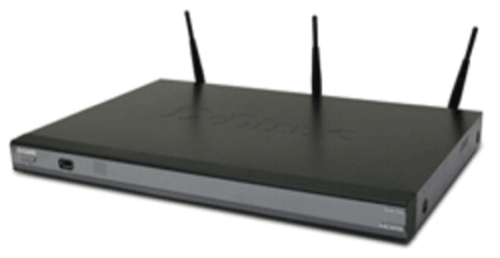last100 editor Steve O’Hear has been pondering the future of Internet TV and he sees set-top boxes as key. A set-top box, according to this definition, is “a device used with televisions, allowing users access to enhanced and sometimes proprietary features such as digital channels, video-on-demand, and Internet access”.

Here is what last100 had to say about this future for Internet TV:
“Two seemingly unrelated announcements last week have got me thinking about whether the future of “full screen” Internet TV applications, such as Joost or Babelgum, reside on a PC or, instead, some sort of set-top-box which connects to a TV.
Microsoft launched a Beta version of its new MSN Video-based “Internet TV” service, compatible with “Extenders for Media Center” devices from Cisco, D-Link, and HP; and Jaman published a software hack — albeit, unsupported — to enable content from its movie download store to work with the AppleTV.
Other online video services to have already aligned with hardware manufacturers include BitTorrent, which released an SDK for set-top boxes, Network-Attached Storage (NAS) devices, and media extenders; Google-owned YouTube with their strong partnership with Apple; and DivX who are busy shopping around their “Connected” media extender hardware reference design to Asian consumer electronics companies.
What all of the above companies are betting, to varying degrees, is that for all the social and interactive advantages of online video, certain kinds of content, particularly long form programing, still wants to be viewed from the couch on a large widescreen TV.”
See also Steve’s follow-up post: Joost on a set-top-box within 18 months, based on a quote from Joost CEO Mike Volpi in a recent interview. Volpi went on to say that Joost isn’t yet ready for the mainstream: “I wouldnÄôt expect the mainstream to go with Joost [yet]. I would expect the mainstream would probably get to Joost when they see the platform on television.”





















